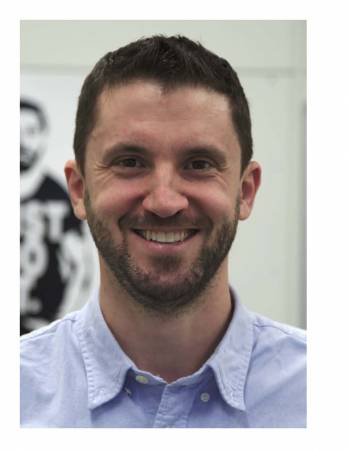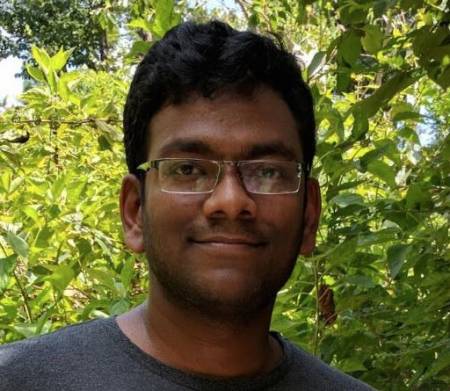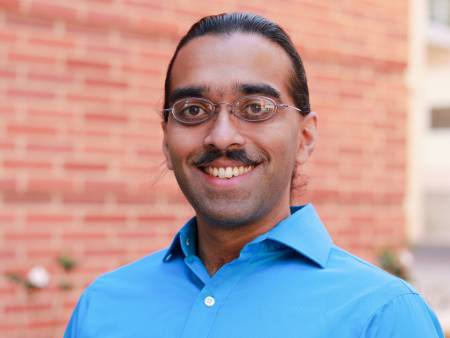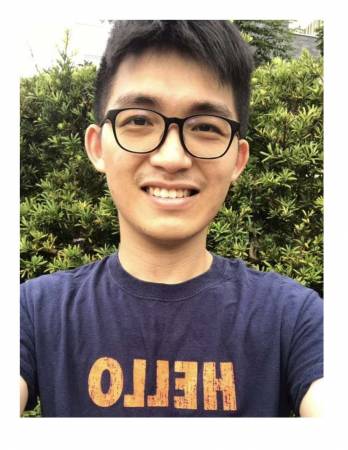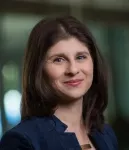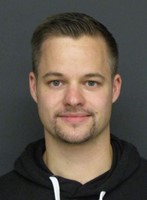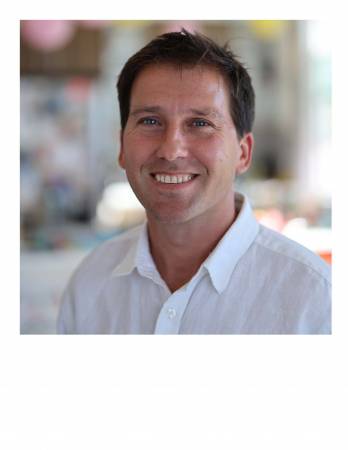Seminar
Audio-Visual Learning for Social Telepresence
Abstract Relationships between people are strongly influenced by distance. Even with today’s technology, remote communication is limited to a two-dimensional audio-visual experience and lacks the availability of a shared, three-dimensional space in which people can interact with each other over the distance. Our mission at Reality Labs Research (RLR) in Pittsburgh is to develop such [...]
Representations in Robot Manipulation: Learning to Manipulate Ropes, Fabrics, Bags, and Liquids
Abstract: The robotics community has seen significant progress in applying machine learning for robot manipulation. However, much manipulation research focuses on rigid objects instead of highly deformable objects such as ropes, fabrics, bags, and liquids, which pose challenges due to their complex configuration spaces, dynamics, and self-occlusions. To achieve greater progress in robot manipulation of [...]
Safe and Stable Learning for Agile Robots without Reinforcement Learning
Abstract: My research group (https://aerospacerobotics.caltech.edu/) is working to systematically leverage AI and Machine Learning techniques towards achieving safe and stable autonomy of safety-critical robotic systems, such as robot swarms and autonomous flying cars. Another example is LEONARDO, the world's first bipedal robot that can walk, fly, slackline, and skateboard. Stability and safety are often research problems [...]
Towards editable indoor lighting estimation
Abstract: Combining virtual and real visual elements into a single, realistic image requires the accurate estimation of the lighting conditions of the real scene. In recent years, several approaches of increasing complexity---ranging from simple encoder-decoder architecture to more sophisticated volumetric neural rendering---have been proposed. While the quality of automatic estimates has increased, they have the unfortunate downside [...]
Computational imaging with multiply scattered photons
Abstract: Computational imaging has advanced to a point where the next significant milestone is to image in the presence of multiply-scattered light. Though traditionally treated as noise, multiply-scattered light carries information that can enable previously impossible imaging capabilities, such as imaging around corners and deep inside tissue. The combinatorial complexity of multiply-scattered light transport makes [...]
Towards $1 robots
Abstract: Robots are pretty great -- they can make some hard tasks easy, some dangerous tasks safe, or some unthinkable tasks possible. And they're just plain fun to boot. But how many robots have you interacted with recently? And where do you think that puts you compared to the rest of the world's people? In [...]
Mental models for 3D modeling and generation
Abstract: Humans have extraordinary capabilities of comprehending and reasoning about our 3D visual world. One particular reason is that when looking at an object or a scene, not only can we see the visible surface, but we can also hallucinate the invisible parts - the amodal structure, appearance, affordance, etc. We have accumulated thousands of [...]
What (else) can you do with a robotics degree?
Abstract: In 2004, half-way through my robotics Ph.D., I had a panic-inducing thought: What if I don’t want to build robots for the rest of my life? What can I do with this degree?! Nearly twenty years later, I have some answers: tackle climate change in Latin America, educate Congress about autonomous vehicles, improve how [...]
Complete Codec Telepresence
Abstract: Imagine two people, each of them within their own home, being able to communicate and interact virtually with each other as if they are both present in the same shared physical space. Enabling such an experience, i.e., building a telepresence system that is indistinguishable from reality, is one of the goals of Reality Labs [...]
R.I.P ohyay: experiences building online virtual experiences during the pandemic: what works, what hasn’t, and what we need in the future
Abstract: During the pandemic I helped design ohyay (https://ohyay.co), a creative tool for making and hosting highly customized video-based virtual events. Since Fall 2020 I have personally designed many online events: ranging from classroom activities (lectures, small group work, poster sessions, technical papers PC meetings), to conferences, to virtual offices, to holiday parties involving 100's [...]



